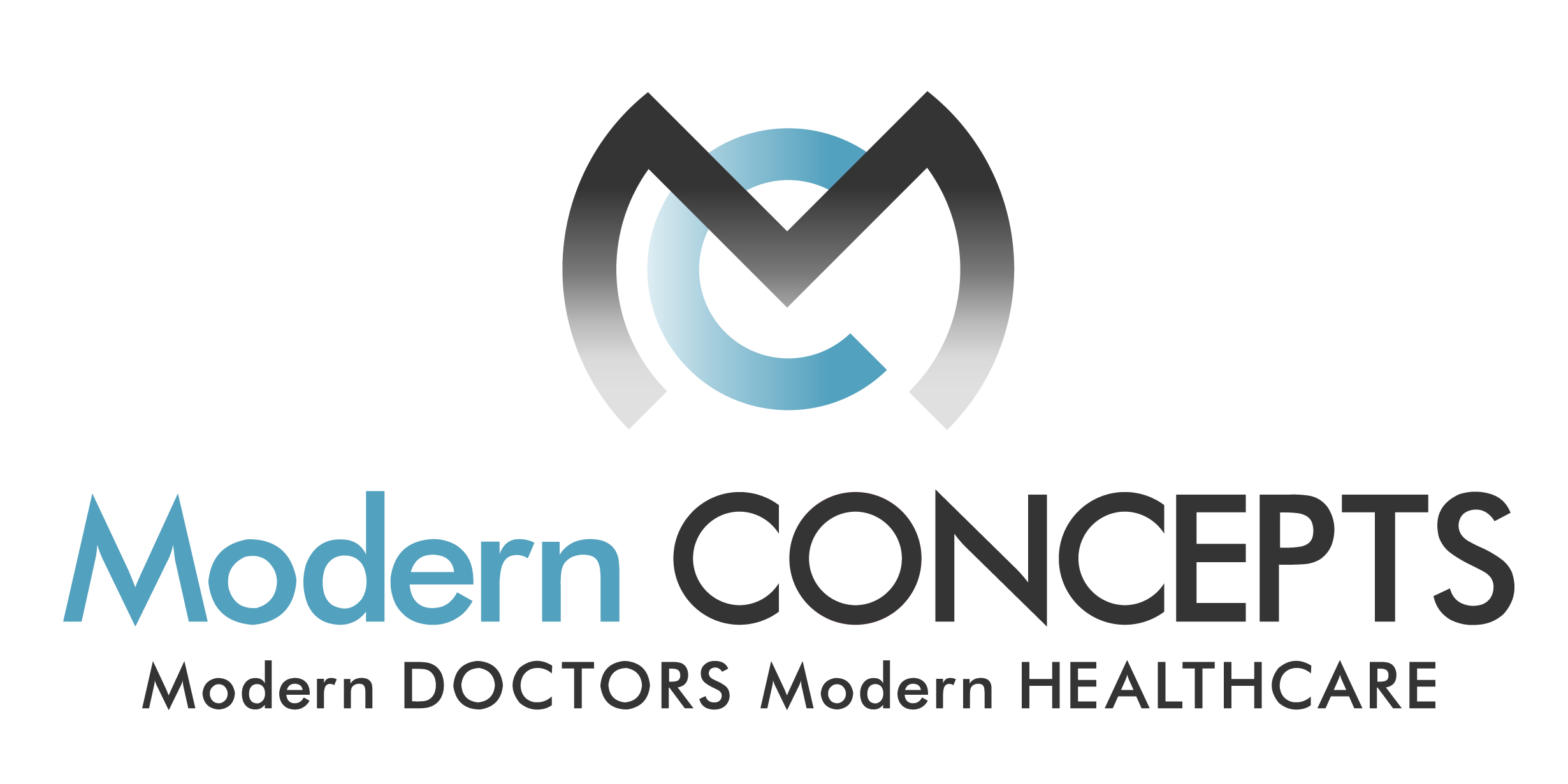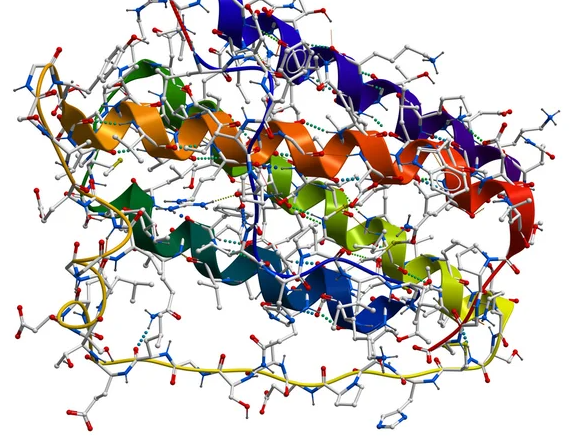Over the last decade, peptide therapy has become increasingly popular for its versatility and effectiveness. Peptides are the “building blocks” of proteins (aka amino acids). Many of our bodies natural processes are regulated by proteins (a large group of peptides compounded). For example, you’ve probably heard of “enzymes” before because of the role they play in digestion. Did you know enzymes are proteins? Proteins are silently engaging and disengaging important processes all over the body. Is it any wonder that they can be administered to supplement our processes?
When prescribed and administered by a licensed physician, peptides can supplement the following biological processes and systems:
- hormone release
- cardiovascular and respiratory
- renal
- neurological
- pain management
- digestive processes
- immune system function
Outlining the Structure of Proteins
Amino acids have specific genetic sequences (i.e. valine will have a different sequence than leucine). When two amino acids bond together, it creates a peptide. When a string of peptides combine, forming a more complex genetic structure, it forms a protein.
Different genetic sequences yield proteins with different functions. If we classify proteins in the body based on function, there are 5 main categories we can sort them into:
- structural proteins (used to build muscles and repair tissue)
- hormonal proteins (used to regulate chemical messaging in the body)
- immunoglobulins (aid in immune system response)
- enzymes (catalyze reactions in the body)
- storage proteins (for essential elements the body needs to function)
Based on what types of symptoms you’re experiencing, your physician will recommend a different type of peptide therapy. For example, someone who is experiencing digestive system issues would not necessarily be prescribed the same type of peptide as someone experiencing hormone imbalance. Peptide injections are becoming increasingly popular across the country and are the primary method peptide therapy is administered.
Protein sequencing and activity is among the body’s most complex processes. Be sure to consult a licensed physician when it comes to your health!



